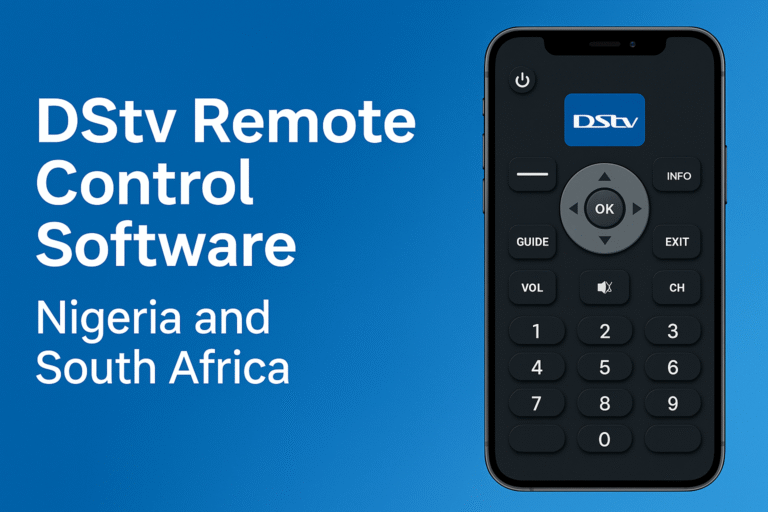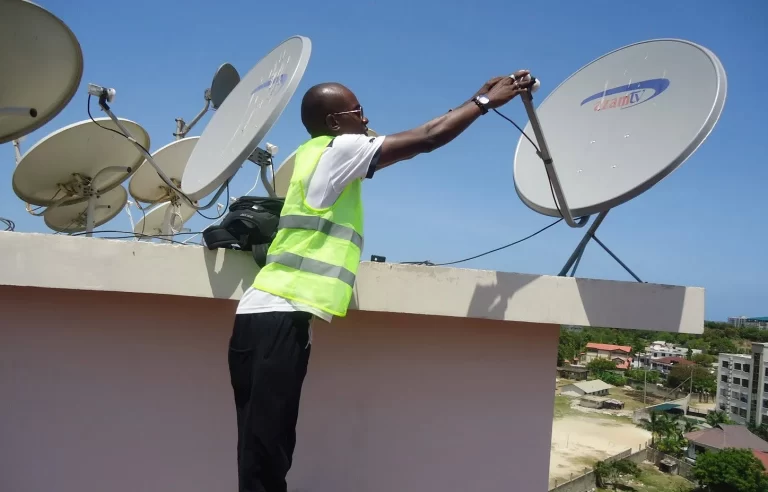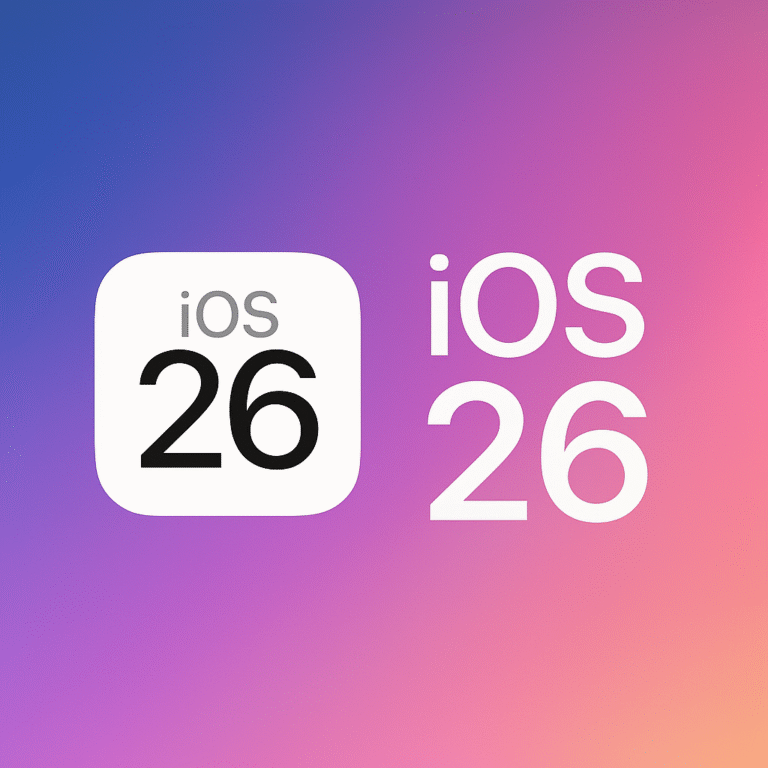It is true that the most prestigious digital satellite TV gadget for Nigerian homes is the DStv. Nowadays, homes, businesses and public arenas are said to be incomplete if there is no DStv decoder to supply super digital TV entertainment. However, the recent ugly development as regards MultiChoice DStv tariff increase has left many Nigerians wondering if this will mark the beginning of the end of the road for DStv presence in their homes.
The Nigerian Communications Commission NCC is the independent national regulatory authority established by the Federal Government and empowered to police the telecommunication industry in Nigeria. Although the Organization is saddled with the responsibility of providing an enabling environment for competition and qualitative services to thrive in the industry, Nigerians keep wondering what NCC is really doing about the ugly DStv price hike which has taken an exploitative trend.
Almost every new year, MultiChoice announces an upward review of their tariffs backing it up with reasons the public would always perceive as “non-cogent and insensitive”. Let me not delve deep into history. Early 2013, MultiChoice increased their DStv subscription tariff by over 5% for the Premium and 4% for Compact Plus packages. The impact was not much felt as it was masked under a temporary declaration of 10% discount for subscribers that would renew before their due date.
This discount offer barely lasted for less than 11 months before the reality of the DStv tariff increase came to full glare. Nigerians complained bitterly to the Nigerian Government and to the Nigerian Communications Commission NCC all to no avail. It was alleged that any public motion or bill raised in the National Houses of Assembly that concerned DStv would die a natural death.
This year 2015 it has happened again. As MultiChoice plans to implement their newly increased DStv tariff from April 1st, Nigerians are beckoning on the NCC to live up to their mandate. Where lies the enabling environment for an efficient and qualitative service in the Nigerian telecommunication industry when a workable and customer-friendly subscription tariff could not be initiated and implemented?
The irony of this ugly situation is that the larger percentage of the affected Nigerians are not aware of the right channel to lodge their complaints and make their voices heard. However, everybody must use all legal and socially acceptable means available to register their grievances until the Government steps up to its responsibility.
A little analysis shows that MultiChoice is a private digital technology-based business firm projected towards maximizing profit. Hence any opportunity to transfer the burden of their so-called operational cost to the consuming masses would not be spared. Therefore it needs the pro-activeness of the Government through the NCC to curb any excesses emanating from MultiChoice on its DStv services.
It is not enough to regulate mobile network service providers in Nigeria; a larger proportion of NCC’s mandate covers the satellite TV pay-services of which the regulatory agency would fail if the let MultiChoice go unchecked. There is no better time to act than now. Nigerians are not happy and they keep asking, “what is NCC doing about the MultiChoice DStv exploitative trend in Nigeria”.










